Improving reading skills Normal Worksheets for 8-Year-Olds
6 filtered results
-
From - To
Enhance your child's literacy with our expertly designed reading skills worksheets tailored for 8-year-olds. Our engaging activities aim to improve comprehension, vocabulary, and fluency, making reading both fun and educational. Accessible and user-friendly, these printables focus on skill development through a variety of exercises, such as identifying main ideas, sequencing events, and understanding context. Perfect for reinforcing classroom learning at home, these worksheets are ideal for helping young learners build strong foundations in reading. Give your child the boost they need with our comprehensive, age-appropriate reading resources designed to inspire a love for reading.
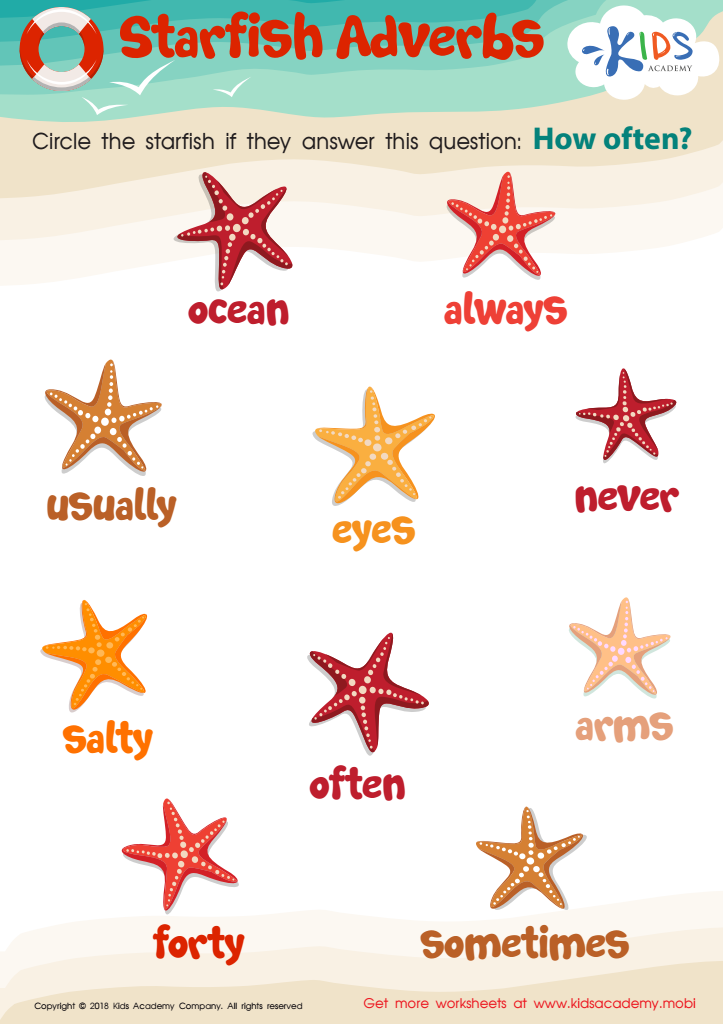

Starfish Adverbs Worksheet
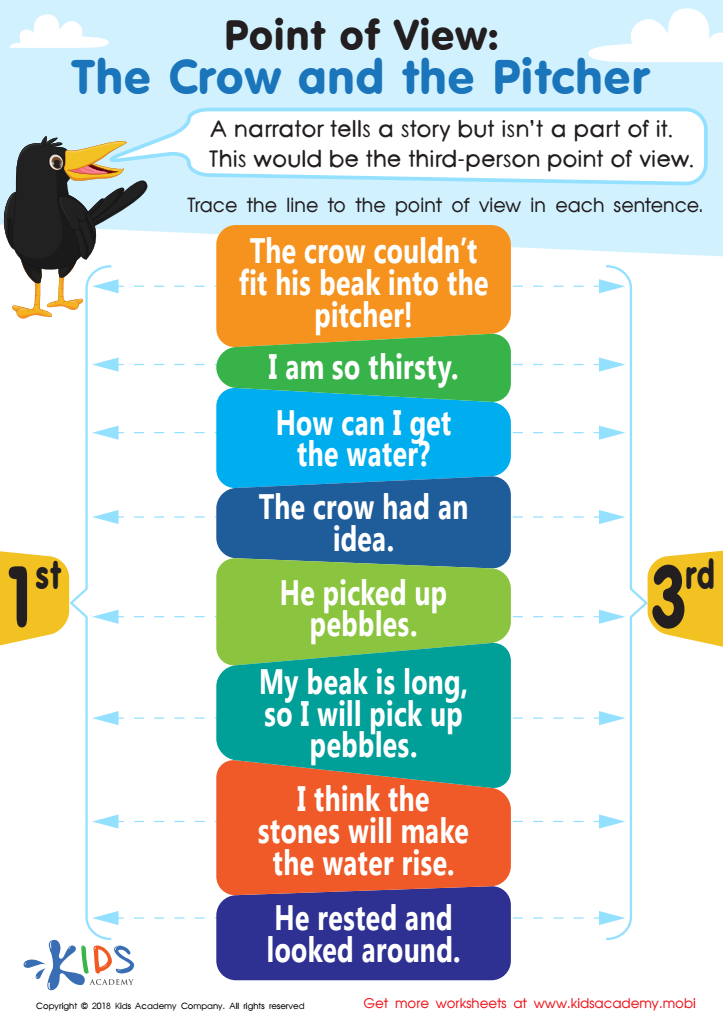

Point of View: The Crow and the Pitcher Worksheet
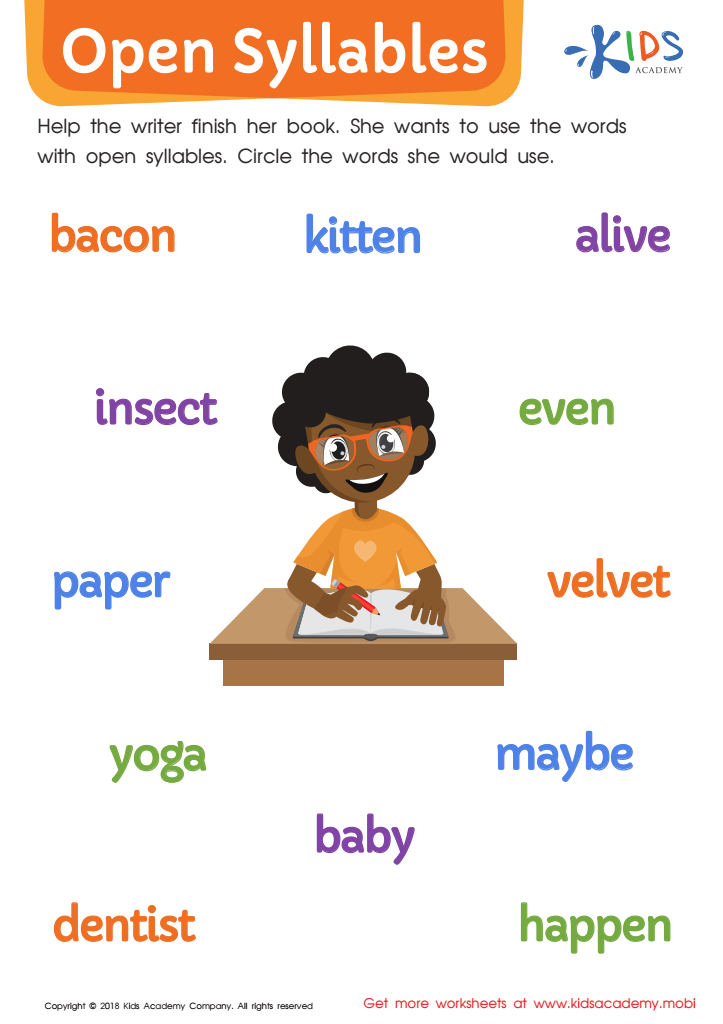

Open Syllables Worksheet
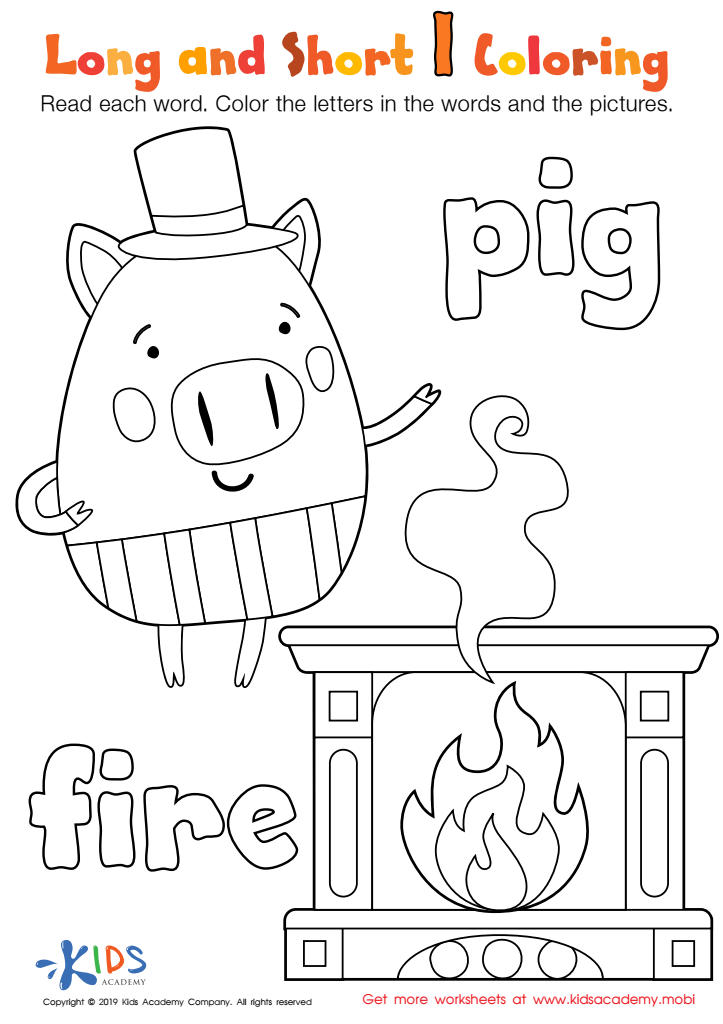

Long and Short I Worksheet
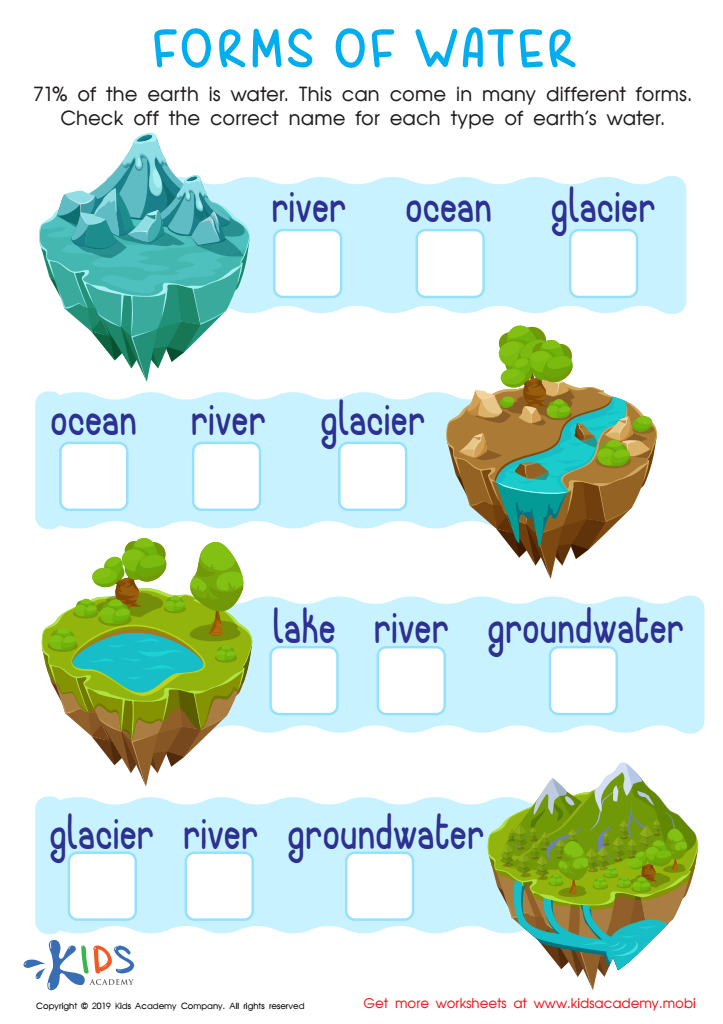

Forms of Water Worksheet
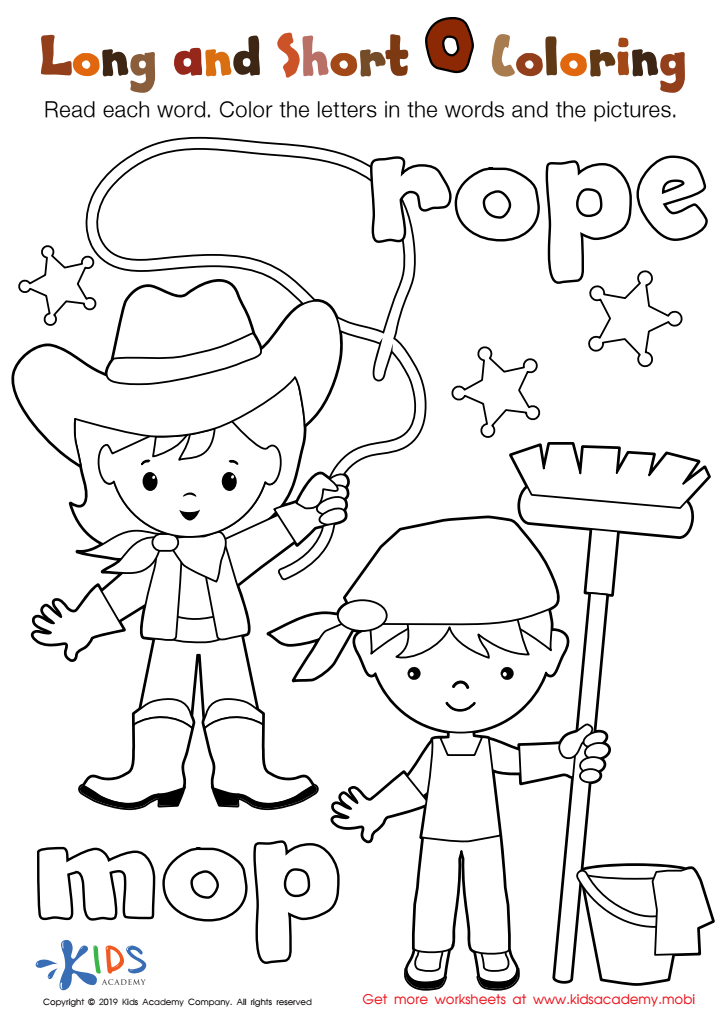

Long and Short O Worksheet
Improving reading skills for 8-year-olds is crucial as it paves the way for their future academic success and overall cognitive development. At this pivotal age, children transition from learning to read to reading to learn. Strong reading abilities enable them to access and understand the vast array of subjects they will encounter, from mathematics to science and social studies. If they struggle with reading, their self-esteem and motivation may suffer, leading to potential academic difficulties and a negative attitude toward learning.
Enhanced reading skills also foster greater imagination and creativity by exposing children to diverse ideas and perspectives. Reading improves vocabulary, comprehension, and critical thinking, equipping children with the tools necessary for effective communication and problem-solving. Teachers and parents play an instrumental role in nurturing these skills by offering a rich reading environment, regular practice, and positive reinforcement.
Moreover, early literacy is linked to long-term economic benefits, as proficient readers typically achieve higher educational qualifications, leading to better job opportunities. Thus, investing time and effort into improving reading skills at this age not only supports children’s immediate educational needs but also sets a strong foundation for their lifelong learning and personal development.
 Assign to My Students
Assign to My Students





















